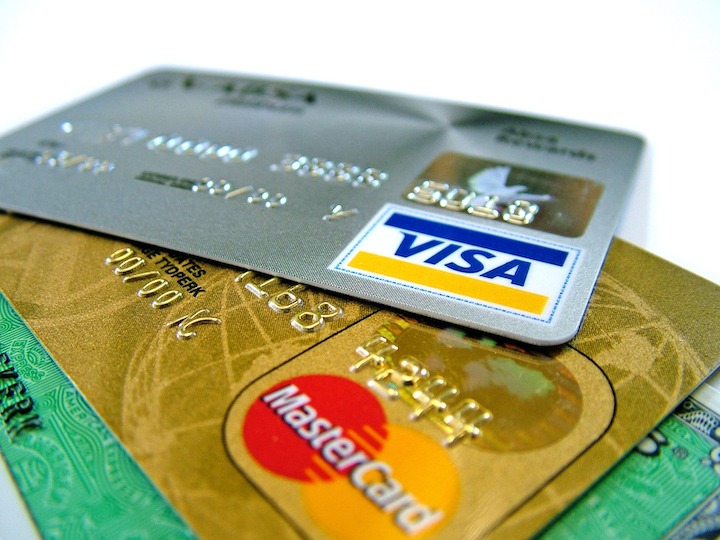Divorce can be a difficult time to keep your credit in good order. Challenges ranging from running two households instead of one, conflicts over who is going to be making payments on what debt to misunderstandings or outright noncompliance with agreements abound. Now more than ever you need to take steps to keep tabs on your credit and do what you can to keep your credit rating high.
The absolutely easiest thing and most important thing to do is to keep tabs on your credit report. You might have monitoring through, possibly, a credit card, but that is not enough. At the beginning of your divorce process, you should pull credit reports from all three credit bureaus; Experian, TransUnion and Equifax. You can pull all three at once by going to https://www.annualcreditreport.com/. They are free once per year. However, this is a time where you should pay the money to check them regularly, possibly every 3 months. You should check each report thoroughly. Any debt will need to be addressed during your divorce process.
The second most important thing to do is keep paying your bills!! Even one late payment can affect your ability to get a mortgage. Hopefully your soon-to-be-ex has a vested interest in not ruining his or her credit as well and you can agree on who is responsible for what. Then you need to keep tabs on payments to any accounts that have your name on them.
Many don’t know that regardless of whether your spouse has been given responsibility for a debt under your marriage settlement agreement, until your name is taken off that debt by the lending institution, you are still responsible for that debt in the eyes of the lender. In addition, by checking credit reports through and after your divorce, you can see whether any debts that are now your spouse’s responsibility are being paid and whether your name has been taken off those loans and credit cards.
You should also keep track of your FICO score. This is different than your credit score and more important because it is the score that lenders use most often to approve credit, particularly instant credit like online credit card applications. FICO scores, according to Jeanne Kelly Credit Coach (https://jeannekelly.net/) are based on the following: 35% on payment history, 30% on balances on credit extended to you, 15% on the length of time you have had credit (they particularly like credit lines you have held for a long time), 10% on new credit and 10% on the types of credit you have (credit cards, mortgages, car loans, etc.). Even one missed payment can knock your FICO score down. You may be surprised that having credit extended to you but NOT using much of it helps your credit score. Now is not the time to close your credit card accounts just because you rarely or never use them. Actually making a purchase with that old credit card once in a while and paying it off helps your credit.
Finally, if your credit needs repair, Experian recommends the nonprofit National Foundation for Credit Counseling (NFCC), 1 800 388 2227, to help you establish a budget and repay creditors. There are other non-profits as well that in addition to a debt management plan, provide credit counseling, budgeting and financial management training for very little cost. Be very cautious of any organization that claims it can provide a quick fix and charges substantial fees for its services.

